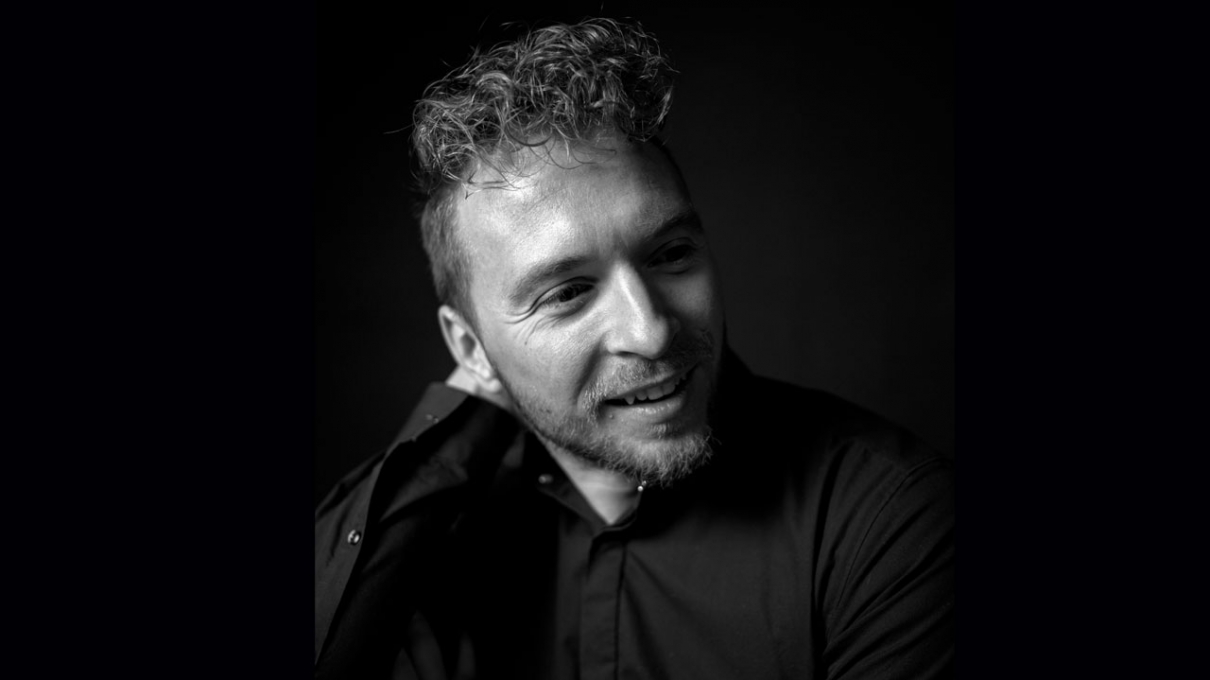For VRHAM! FORWARD, VRHAM! Virtual Reality & Arts Festival, together with the Institut für theatrale Zukunfsforschung (ITZ) at Zimmertheater Tübingen, is looking for artists from Europe who are working in the field of the performing arts experimenting with Virtual and Augmented Reality. An interview with the artistic director of the ITZ, Peer Mia Ripberger.
VRHAM!: Who is the Open Call aimed at, who can apply until 31st March?
PEER MIA RIPBERGER: For the joint Open Call, we are looking forward to receiving submissions from artistic production teams in the field of immersive art. These can be both conceived projects and artistic works in the early stages that can be continued here at the ITZ in Tübingen in a concentrated working environment. We provide one of our stages for this and the most beautiful terrace on the Neckar for breaks and evenings.
V!: The use of digital media including VR is at the centre of your theatrical work. What potential do you see in this for the artistic process and socio-political exchange? What does this mean in concrete terms for the residencies you have announced?
PMR: Our focus on developing plays on socio-political themes allows us to think together contemporary theatre approaches and innovative media art. In doing so, digitalisation and automation occupy us both in terms of content and form as a means of staging. With VREEDOM, for example, we brought out a VR production in September 2020 that focused on the shared experience of VR for several people. Reflection on the media used also always plays a role for us – like VR here. Together with the VRHAM! team and the residents, we want to build a bridge from Tübingen to Hamburg and enter into an intensive exchange with the productions in order to push this reflection further.
V!: The last year has (inevitably) accelerated digitalisation in many cultural institutions. Do you now see your expertise and experience as even more of an impulse generator and networker?
PMR: We are of course trying to use the full potential of digital technologies in the performing arts and to bring their potential out into the city and the German-speaking theatre landscape. This is particularly exciting here because Tübingen, with its ‘Cyber Valley’, is one of the best and most innovative AI research locations in the world. Face-capturing as a means of staging, social VR and innovative progressive web apps that enable audio walks without audience contact as GPS-based smartphone applications – we have dealt with digitalisation in very different areas. Our discursive and contemporary approach, the young team and the wealth of ideas and innovations at the ITZ enable us as a theatre to break new ground not only aesthetically but also structurally. However, we always confront these digital technologies with analogue settings in order to make theatrical experiences possible – and we consider this to be the way forward. So far, we have refrained from exclusively digital productions.

